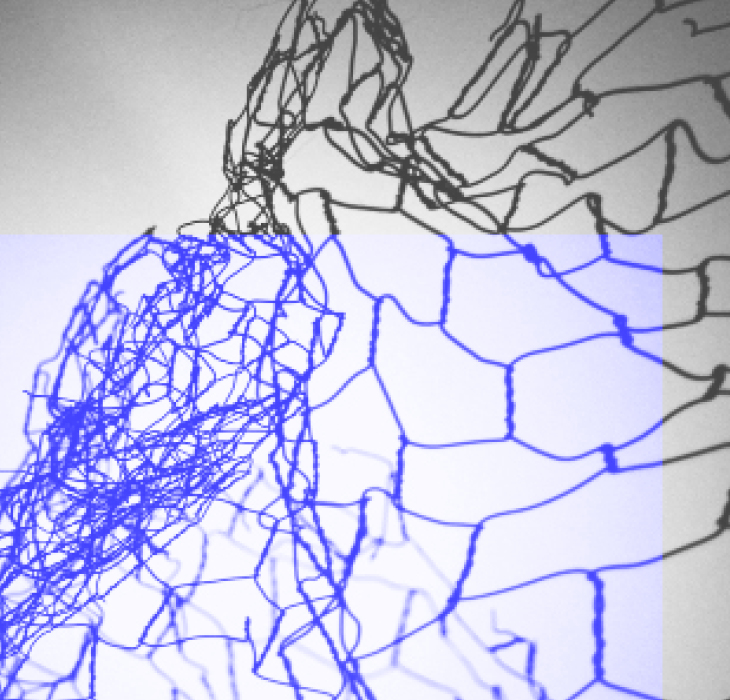Un diálogo entre tres experiencias heterogéneas de lo sagrado como articulación de un cuerpo social: Enrique Vega-Dávila (Ciudad de México, Comunidad Luterana Santísimo Redentor); Nadia Arellano (Ciudad de México, gestora intercultural, activista y coordinadora de Teología Sin Vergüenza); y Andy Faur (Jerusalén, rabino laico humanista, activista en el campo social y de DDHH).






